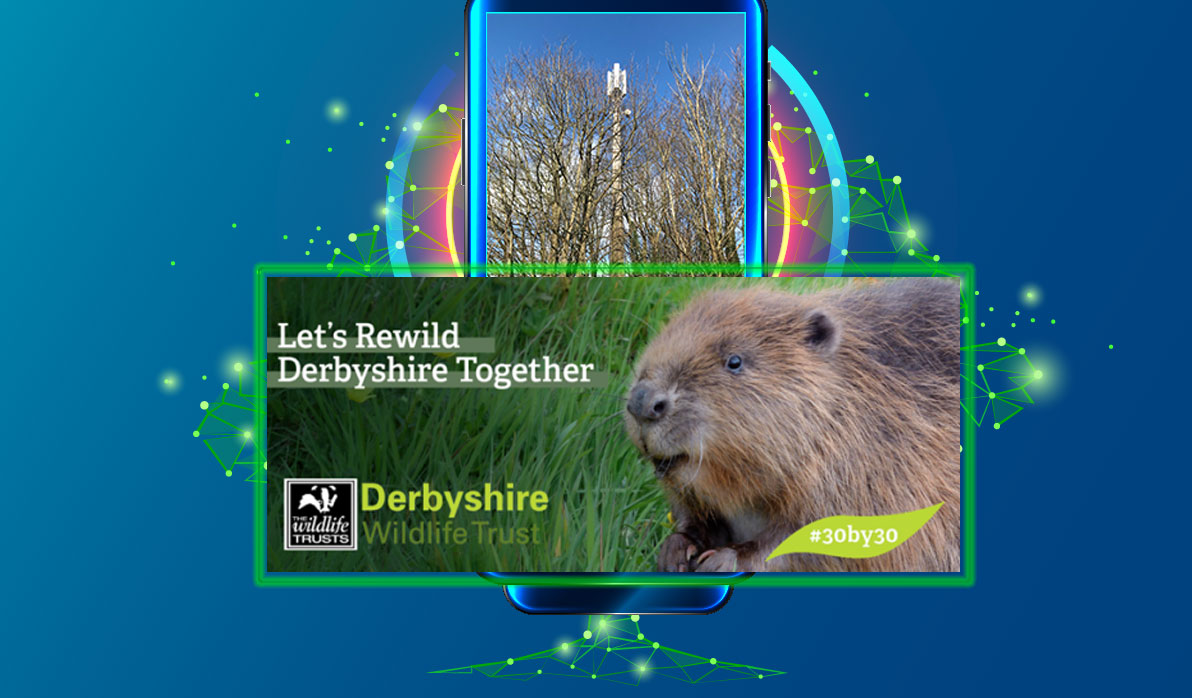
At MBNL, we care a lot about the environment and always attempt to do whatever we can to minimise any impact arising from our operations. We are committed to shouldering our social responsibility as a corporate citizen whilst fulfilling our mission of bringing better connectivity to every part of the country. Richard Stevens, MBNL’s Structural Remediation Manager, shares his experience of an interesting project in which he came up with an innovative idea for putting our disused phone masts to good use for the benefits of the wider public in a very sustainable way.
“During my 25 years in the mobile telecoms industry, I have managed many projects and programmes of varying scales and challenges. I have built sites on mountains and in valleys, towns and swamps. Recently I have had the pleasure of leading a project tasked with replacing all of the wooden mobile phone masts in MBNL’s network across the UK. The project involved erecting new replacement towers to replace the wooden masts as part of the ongoing management and modernisation of our network infrastructure. The replacement tower in all cases was a like for like tower of the same height and girth, matched in colour to the original but made of steel. We were careful in the choice of replacement as it needed not only to look the same, do the same work and provide a longer life but also to blend into the environment the same way the wooden ones did. The other requirement was to ensure it was easily installed so as to avoid having a major construction site and causing disturbances to the local community. Many of the wooden masts were in very remote rural areas posing huge challenges for us to access and physically swap out the mast. We discovered some innovative forms of installing these masts – from a machine called a Marooka, basically a tank with a lifting arm on it, to a cherry picker that has legs and can walk. We used specialist vehicles to reduce the damage to any surfaces we crossed in order to minimise the impact on the local environment.
The national swap out was a great success. Now we were faced with one final question – what to do with the old masts? Instead of having them cut up and disposed of, I wanted to put these majestic wooden poles to a better use. After making some enquiries, the answer presented itself in the form of the Derbyshire Wildlife Trust (DWT) who were very keen to have the poles. The DWT intend to use these poles as bat roosts, osprey nesting platforms, for building “feely boxes” for school children visiting their centre, and other general construction uses. We have since donated many of the poles to the DWT and also have other similar non-profit organisations showing interest. I am thrilled with the outcome of this project not only because of the operational success but also the joy our disused assets are bringing to the wider public in a way that benefits the environment.”
